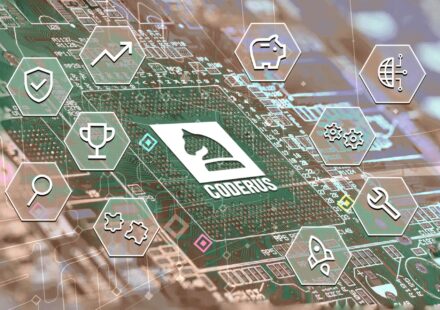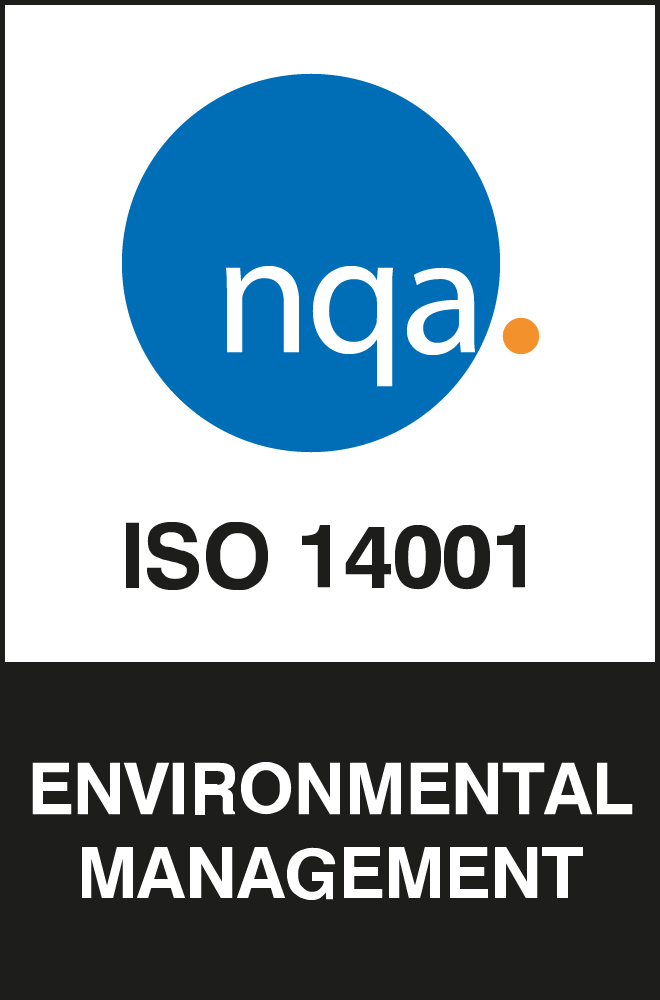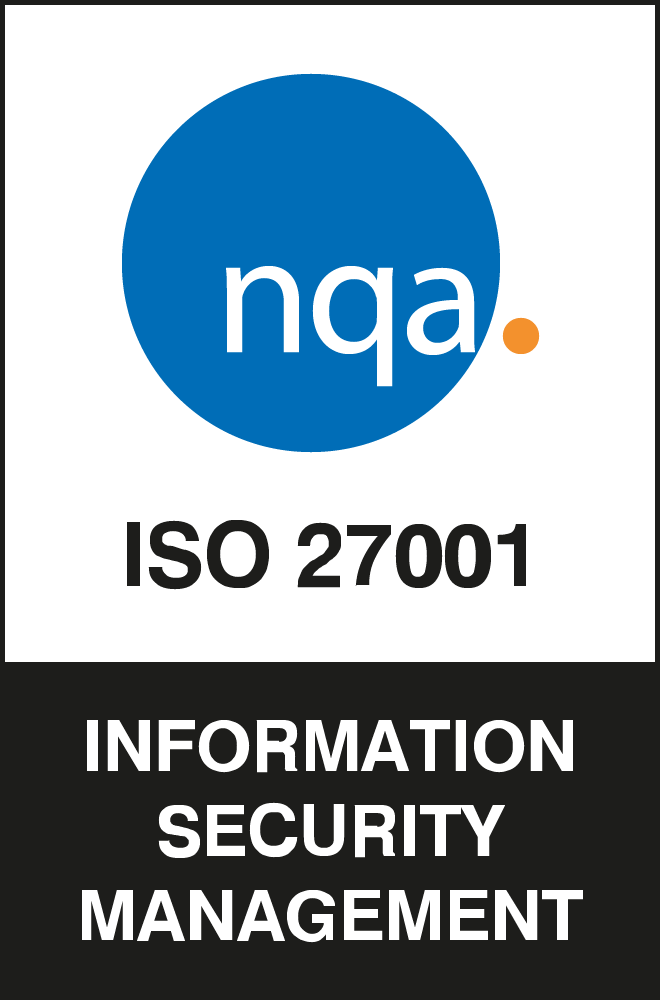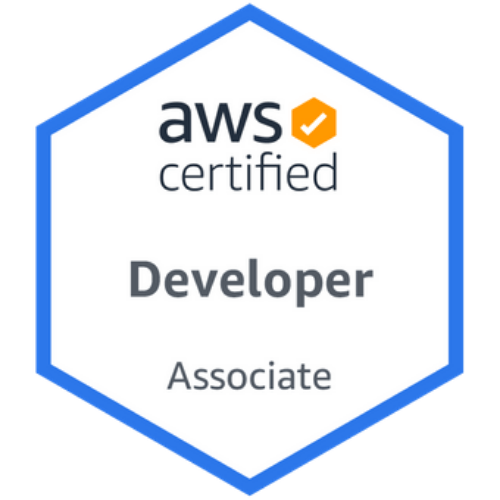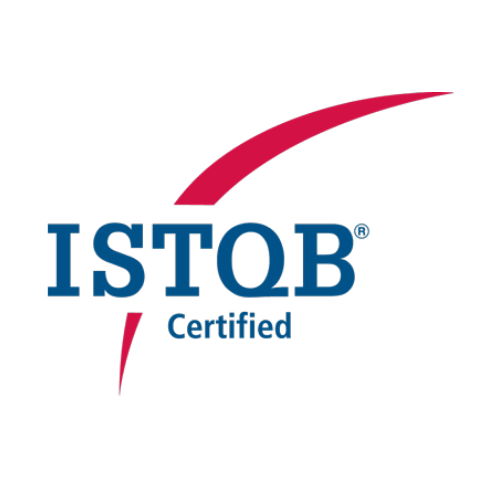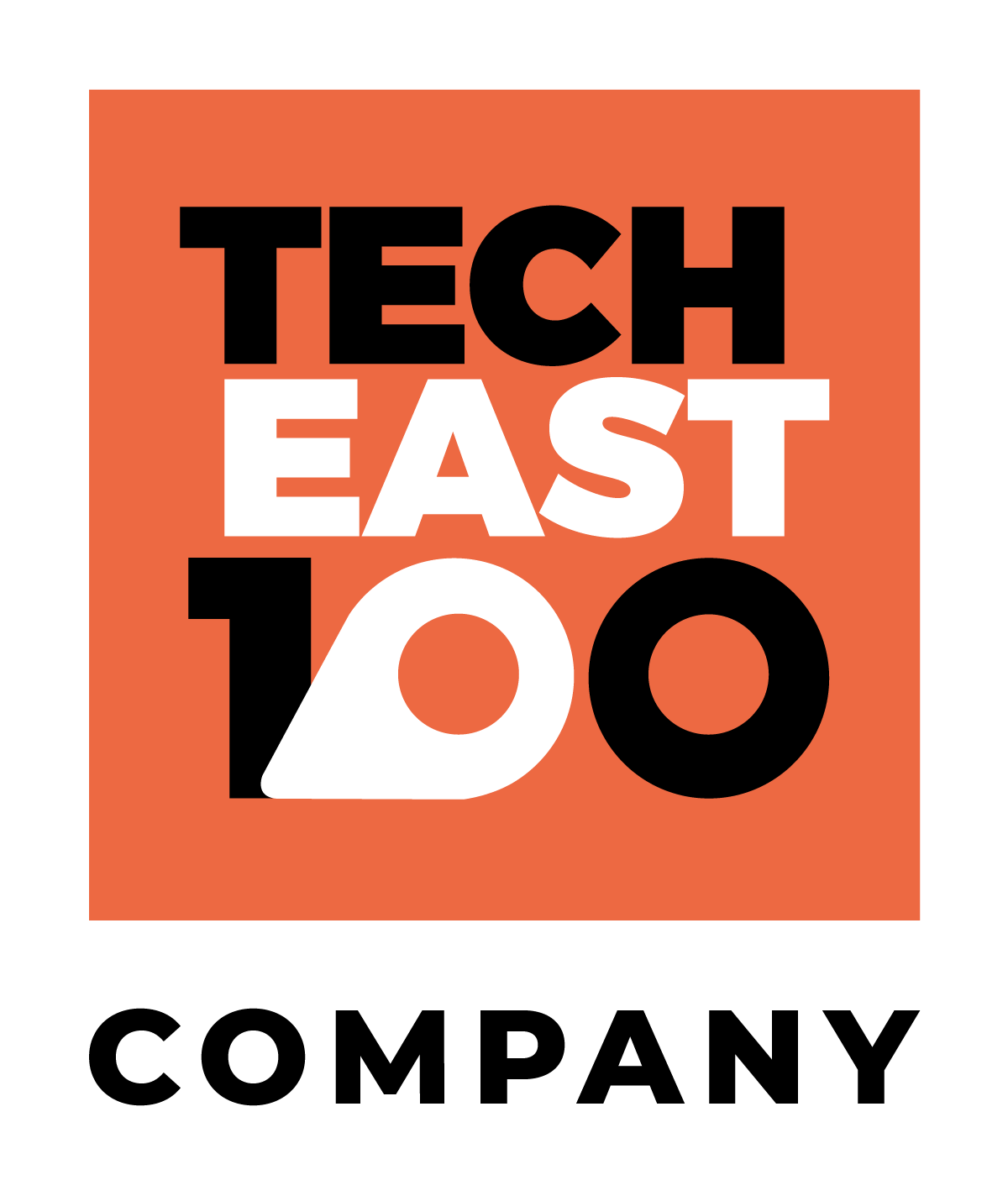In 2023, there are many advanced software development technologies that are predicted to rise including 5G internet, artificial intelligence, edge and cloud computing, programming languages, internet of things, mixed reality solutions as well as immerse experiences.
Learn more about these revolutionary technologies, which are set to have a major influence across all industry sectors, to improve productivity and efficiency ratings, meet consumer demands and provide unique, personalised experiences for all.
5G Internet
5G is a faster network that will revolutionise handheld devices in 2023 and open new doors in the software development industry. This will ultimately offer the chance for developers to work on more robust applications and augmented reality features. As a wireless communication technology, 5G provides smartphone users with better mobile broadband, faster download and upload speeds.
5G is also predicted to help power the development of smart cities, improving traffic systems and increasing capacity for network expansion. It is predicted that the number of 5G-enabled connections is anticipated to grow to 20-100 million with the predicted global spending on 5G mobile infrastructure to reach up to £2.3 billion.
As we enter the new era of mobile internet connectivity offering faster speeds and more reliable connections with other devices than ever before, these networks are expected to supercharge the Internet of Things technology and provide the infrastructure needed to carry big amounts of data for a more connected world.
Artificial Intelligence
AI will continue to dominate industry infrastructure and provide businesses with numerous benefits, from boosting productivity, to improving customer services and increasing overall performance. There are various AI applications that exist at the present time such as robots, chatbots, machine learning algorithms, image/text recognition software, data filtering, data analytics and sales forecasting.
Current market predictions suggest that the AI market will reach a total of £190 billion by 2025 and continue to grow, explained by factors like growing cloud usage and increasing demand for workflow automation. 2023 will also see a further increase in the use of AI in the data centre, used to detect network hardware failures and solve problems in real-time before they occur.
From resolving user problems in real-time, anticipating future customer purchases and buyer behavioural patterns, to detecting and deterring security intrusions and reducing production management work by automating.
Edge and Cloud Computing
Edge computing is essential for the Internet of Things (IoT) as it collects and processes big amounts of data in real-time, pointing in the network close to users, devices and sensors. While cloud computing is centralised data centres running thousands of physical servers.
Edge computing is said to help IoT systems long-term to lower connectivity costs by sending only the most important information to the cloud. Edge and Cloud computing systems are booming with cloud initiatives now accounting for 70% of all tech spending whether it is application software, operating systems, databases, web servers or IP addresses, the cloud offers it all.
The most reliable factor of cloud computing is its offering of stability and security across all virtual networks enabling both users and enterprises to run software without having to install, buy or maintain it.
Programming Languages
Hundreds of programming languages have been introduced in the last decade or so that have been created to excel the software and mobile app development process. There has been a significant shift away from the monolithic languages of the past to focus more on developer ergonomics. The languages expected to rise in 2023 are Rust, TypeScript, Kotilin and Swift.
Programmable languages continue to lean in to optimise new trends in the cloud, micro-services and big data and machine learning with further releases expected late 2023.
This will improve efficiency and productivity with the development of all mobile and software applications and solutions. Big releases are also on the horizon this year with the release of C++20 and Scala 3.0 changing the face of programming in the software industry.
Internet of Things
IoT growth is one of the leading technology trends in 2023 connecting sensors, devices, machines and vehicles. There are many IoT cases across different industries including smart home automation, digital signage, energy consumption monitoring and remote patient health management. The sectors predicted to see the most advancements in the Internet of Things is in telecommunications, construction and healthcare.
The Internet of Things is set to bring more into our everyday lives including smart home devices and technology to reduce spending on energy bills and improve home energy efficiency ratings. As the network continues to expand, IoT is set to be accompanied by a robust IoT security preventing data from thefts and malicious attacks.
Mixed Reality Solutions and Immersive Experiences
You may already have heard of Virtual Reality, but 2023 sees the introduction of mixed realities, like Augmented Reality and other Mixed Reality forms of immersive environments with either physical or digital objects interacting in real-time. With the combination of AR and VR technologies, Mixed Reality is transforming industries such as entertainment, art, healthcare, retail and remote working.
Over 69% of businesses have stated that mixed reality is crucial to achieving their organisation’s strategic goals from remote working to creating immersive, personalised experiences for their employees and customers.
Consumers will begin to merge and overlap offline and online experiences triggering the flux in mixed reality solutions in retail. These technologies are therefore becoming increasingly powerful influencing the world around us by reaching new audiences.
Are you interested in developing in line with the latest trends?
We’re always looking for our next big challenge, are you? Have a look at our services and get in touch to discuss your next project.



